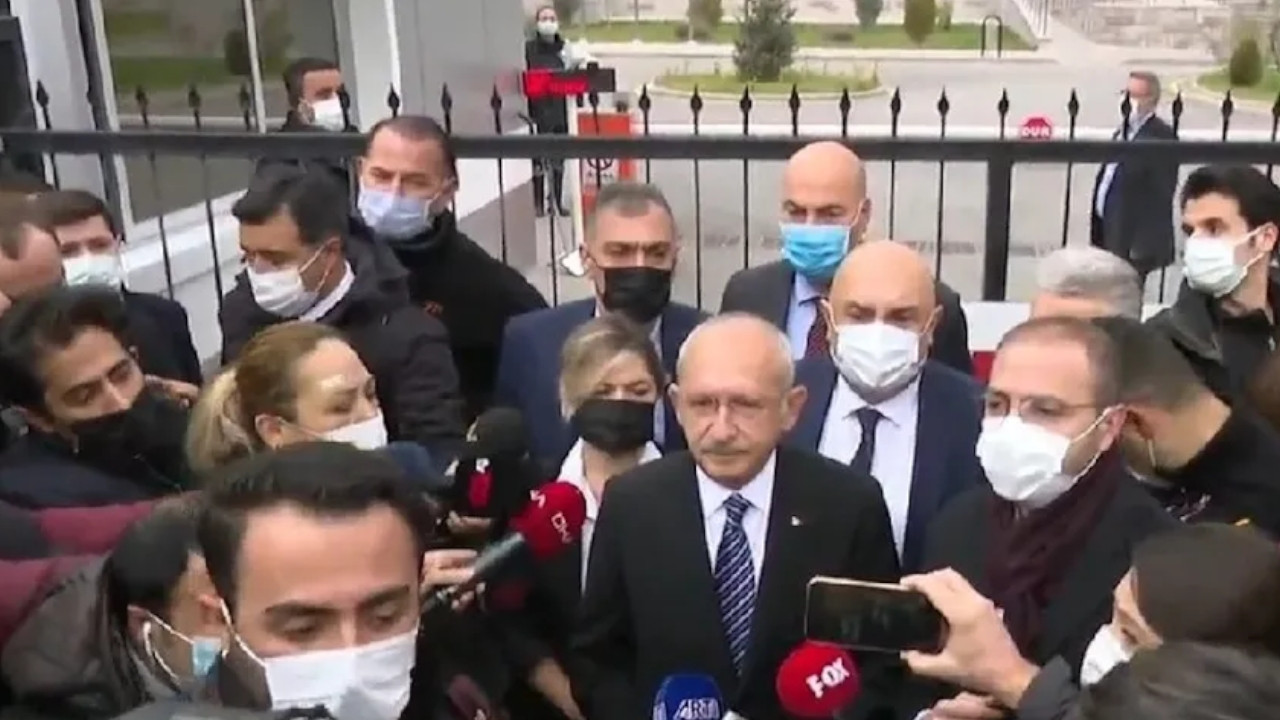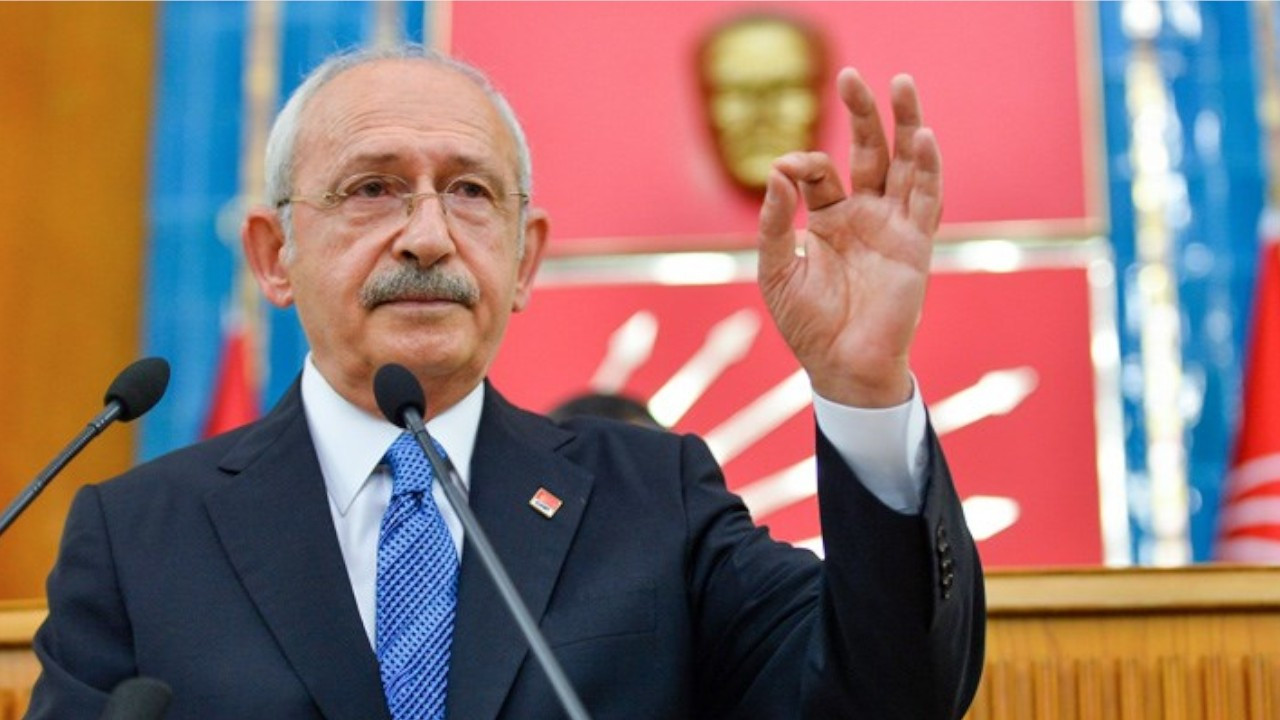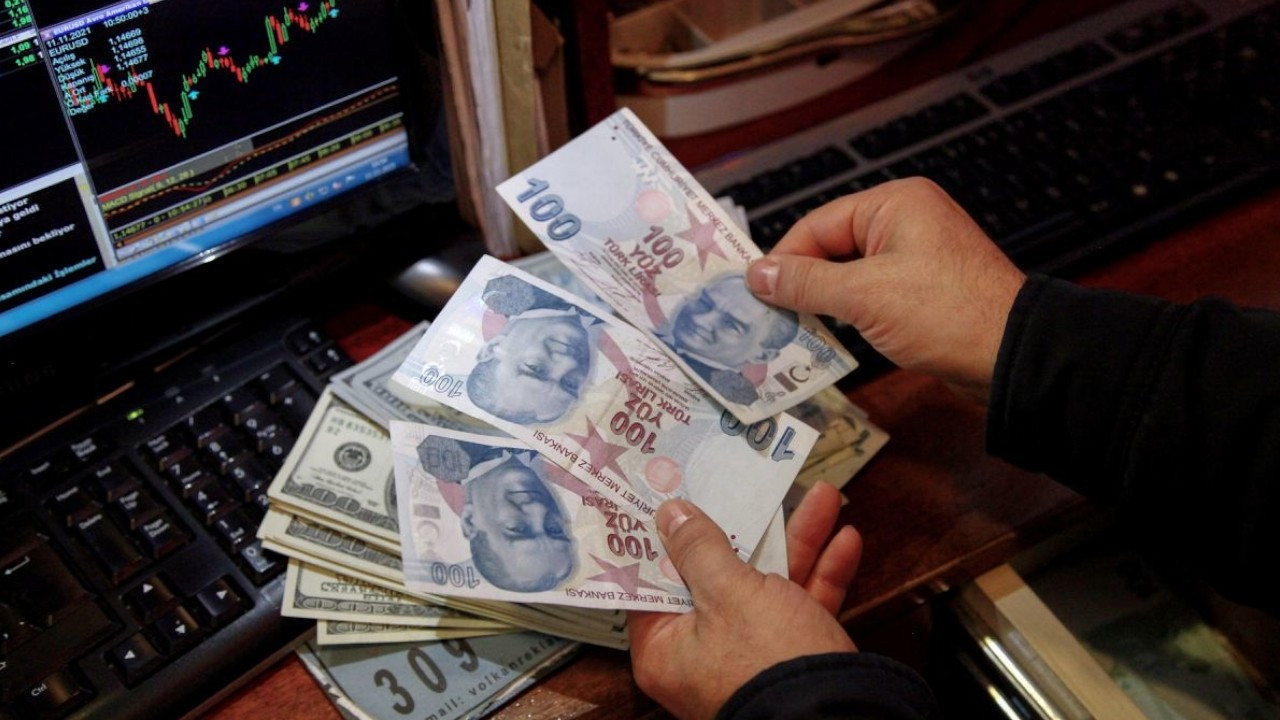Minister Soylu calls opposition leader's attempt to visit gov't statistics office 'raid'
Turkey's Interior Minister Süleyman Soylu has tried to portray main opposition CHP leader Kemal Kılıçdaroğlu as a "criminal," referring to the latter's plan to talk to Turkish Statistical Institute (TÜİK) officials as “raiding the place.”
Duvar English
Interior Minister Süleyman Soylu has targeted main opposition Republican People's Party (CHP) leader Kemal Kılıçdaroğlu over the latter's visit to the state-run Turkish Statistical Institute (TÜİK).
Soylu accused Kılıçdaroğlu of “being under the influence of crime and criminal organizations” for wanting to speak to the officials of TÜİK.
“The Main Opposition Party Leader would not fall into the clutches of the PKK, DHKP-C and organized criminal organizations, would not aspire to them and would not raid a place. The base of the politics and state is known,” Soylu wrote on Twitter, referring to the Kurdistan Workers' Party (PKK) and Revolutionary People’s Liberation Party/Front (DHKP-C).
Ana Muhalefet Partisi Genel Başkanı, PKK, DHKP-C ve organize suç örgütlerinin ağına düşüp, onlara özenip, mekan basmaya gitmez ⬇️ pic.twitter.com/DI8N4BtWGh
— Süleyman Soylu (@suleymansoylu) December 3, 2021
It is a common tactic of the government to target the opposition with accusations of being linked to terrorism and outlawed groups, in an attempt to attract nationalist votes and change the country's agenda.
Soylu's remarks came after Kılıçdaroğlu was denied access to TÜİK early on Dec. 3.
Kılıçdaroğlu had asked for an appointment from the institution to discuss the credibility of its data and its methods of calculation.
“It is my right to protect the rights of workers, civil servants and retirees. If TÜİK is downsizing the figures, it means that 'I will give less to workers, civil servants and retirees,'” Kılıçdaroğlu said.
Kılıçdaroğlu's comments came shortly after TÜİK announced that the consumer price index saw a hike of 3.51% on a monthly basis in November and that the annual inflation jumped to 21.31%.
Several economists and analysts have questioned the credibility of the inflation data and polls show Turks believe it is higher given spikes in the costs of basic goods such as food and energy.

 Turkish Statistical Institute denies entry to main opposition CHP leader KılıçdaroğluPolitics
Turkish Statistical Institute denies entry to main opposition CHP leader KılıçdaroğluPolitics Turkish main opposition asks supermarkets not to hike prices of 10 basic goodsPolitics
Turkish main opposition asks supermarkets not to hike prices of 10 basic goodsPolitics Turkish lira weakens after Fitch downgrades outlook to 'negative'Economy
Turkish lira weakens after Fitch downgrades outlook to 'negative'Economy Erdoğan insists on interest rate cuts, says he studied economicsEconomy
Erdoğan insists on interest rate cuts, says he studied economicsEconomy